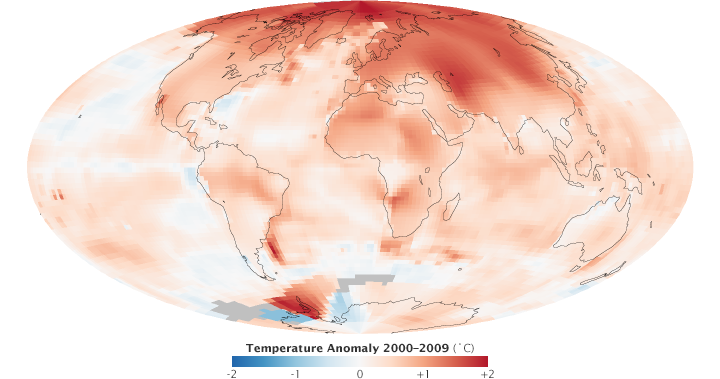 Environmental & Science Education
Environmental & Science EducationSTEM
Climate Change
History of Science
Nature of Science
Edward Hessler
When you assume...well when you do this you often make a big mistake. Sometimes it is a result of intellectual laziness, something I seem to have some talent for.
Case in point. I'd always assumed that the Medieval Warm Period and the Little Ice Age were world-wide even though the only pictures I have in my mind are of things such as the frozen Thames River, England, i.e., a single data point! Why check?
Sid Perkins, writing for the journal Science, comments on a new report from Nature Geoscience in which "almost 7000 sets of natural climate records," e.g., tree rings, ice cores, and others, "from 1 C.E. to 2000 C.E." (C.E. means Christian era; here 1 C. E. is 1 A.D were analyzed. In short events did not "unfold pretty much the same everywhere."
Perkins explains. "In the central and eastern Pacific Ocean, the coldest decades of the Little Ice Age fell during the 15th century. In northwestern Europe and the southeastern United States, the deepest cold occurred during the 17th century. For the rest of the world, the strongest chill didn’t occur until the mid–19th century, almost at the very end of this colder-than-normal interval.
"The researchers found the same pattern of asynchrony when they looked at lesser-known events like the Roman Warm Period, which toasted the first few centuries C.E.; the Dark Ages Cold Period, which cast a chill from 400 to 800; and the Medieval Warm Period, which defrosted Earth from around 800 to 1200. As in the Little Ice Age, the warmest and coolest decades within those intervals didn’t occur everywhere in the world at the same time."
Perkins notes two features about the current global warming: magnitude and geography (world wide. Paleoclimatologist at the University of Minnesota, Scott St. George, who was not involved in the work, put it this way "'No matter where you go, you can't avoid the dramatic march toward warmer temperatures.'"

 CGEE Student Voice
CGEE Student Voice
No comments:
Post a Comment